A glorious, Grade II*-listed Georgian house in a picturesque Somerset village
Built at the height of the wool trade, this spectacular Georgian house stands in 32 acres of land in the pretty village of Rode, between Bath and Frome.
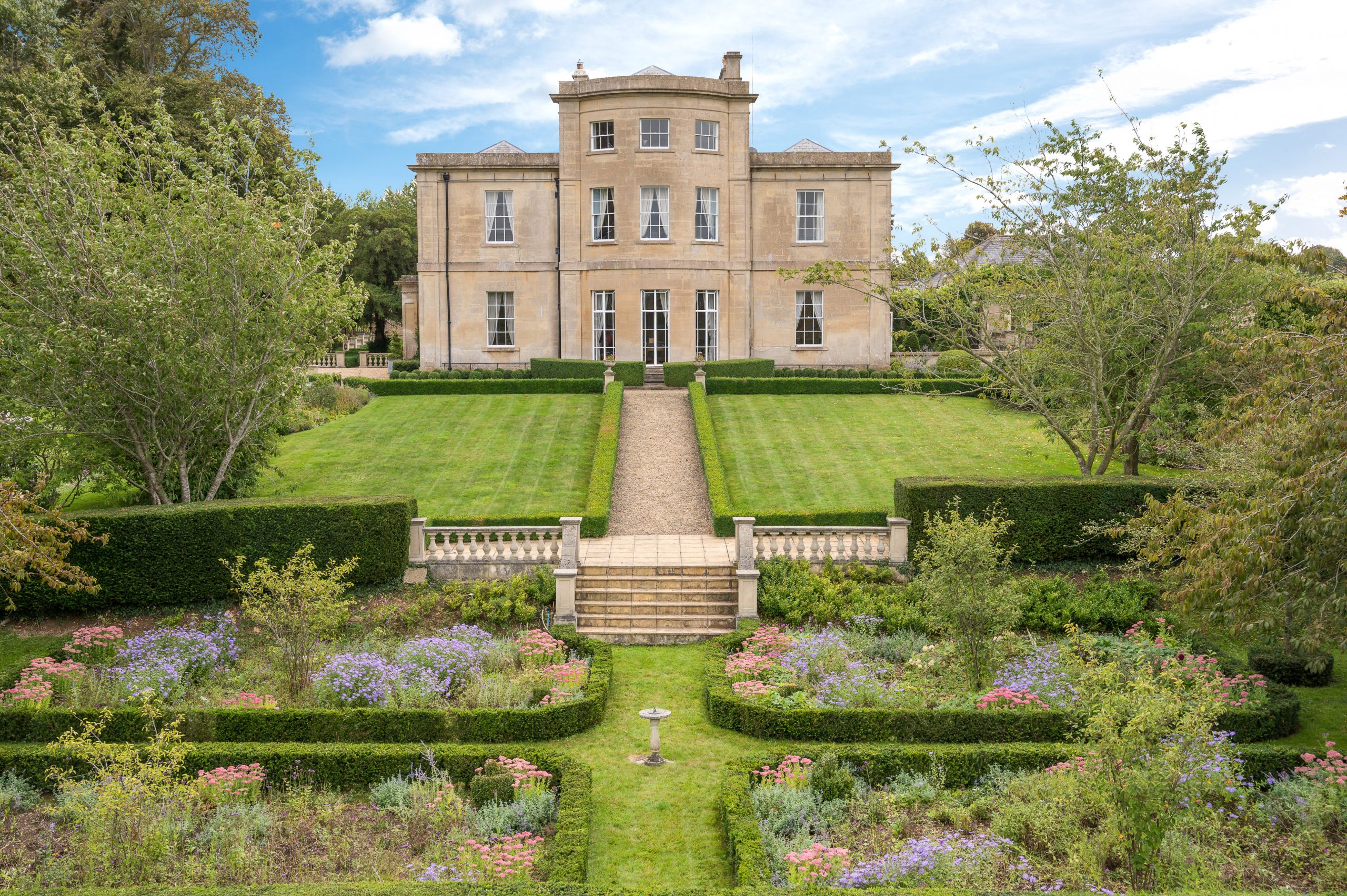

The picturesque village of Rode on Somerset’s eastern border, 10 miles south of Bath and five miles north-east of Frome, is one of a series of ancient wool villages that line the banks of the River Frome. The river meanders along a tree-lined channel to the west of the village, with a historically important crossing-point at Rode Bridge and, over the centuries, it has been the life-blood of the area.
This is the location of Merfield House, launched in Country Life at a guide price of £4.5 million. It’s a Grade II*-listed house that ‘needed everything doing to it’ when the present owners embarked on an ambitious programme of restoration and improvement, according to selling agent Charlie Taylor of Knight Frank in Bath. Now, it’s seeking new custodians.
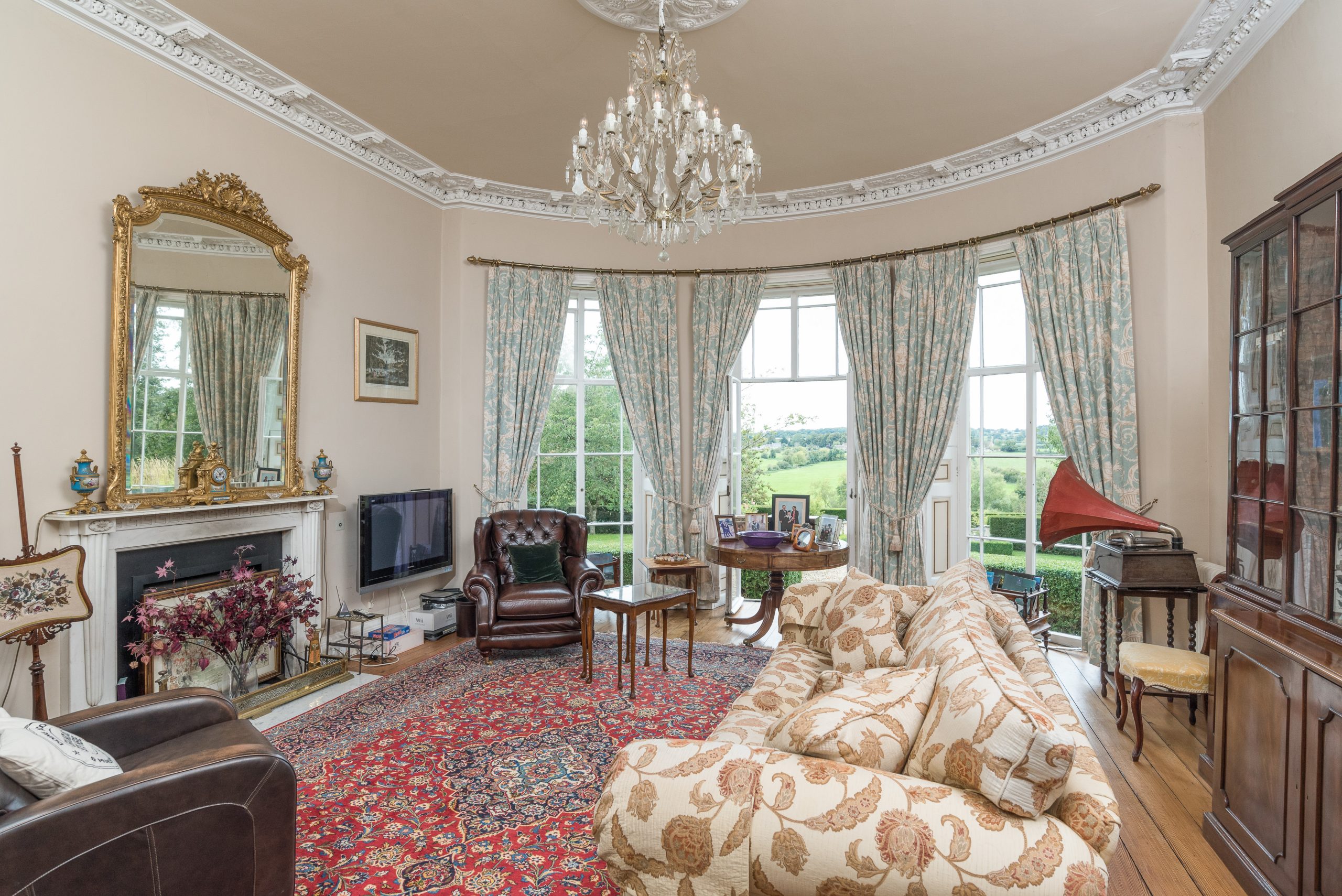
Built of honey-coloured ashlar stone under a slate roof, it boasts a classically symmetrical west façade featuring a semi-circular, bowed central bay, reflected internally in the pleasing curves of the sitting-room, the first-floor master bedroom and the bedroom/studio on the second floor.
In all, the main house offers 8,439sq ft of living space on three floors, including a reception hall, beautifully proportioned drawing, dining and sitting rooms, family and garden rooms, a kitchen/breakfast room, three bedroom suites, three further bedrooms and a family bathroom. Many original features have been carefully retained, including much decorative plasterwork, tall ceilings, magnificent working fireplaces, a splendid staircase and large sash windows.

At the same time, practical considerations have been very much in mind, with the conversion of the former coach house and two stone outbuildings to four rental cottages that currently generate enough income to roughly offset the main running costs of the house. Recreational amenities include a hard tennis court and a palatial swimming-pool complex with a hot tub, a changing room and a raised sitting area with French doors leading to a terrace.
Evidently their owners’ pride and joy, Merfield’s wonderful woodland gardens provide a spectacular setting for the house, with glorious views across the valley of the Frome, on which the property has fishing rights over some 650 yards. Mature beech, sycamore and smaller specimen trees flank the main driveway and create an impressive sense of arrival at the main house, where box parterres and stone balustrades show the façade to best effect.
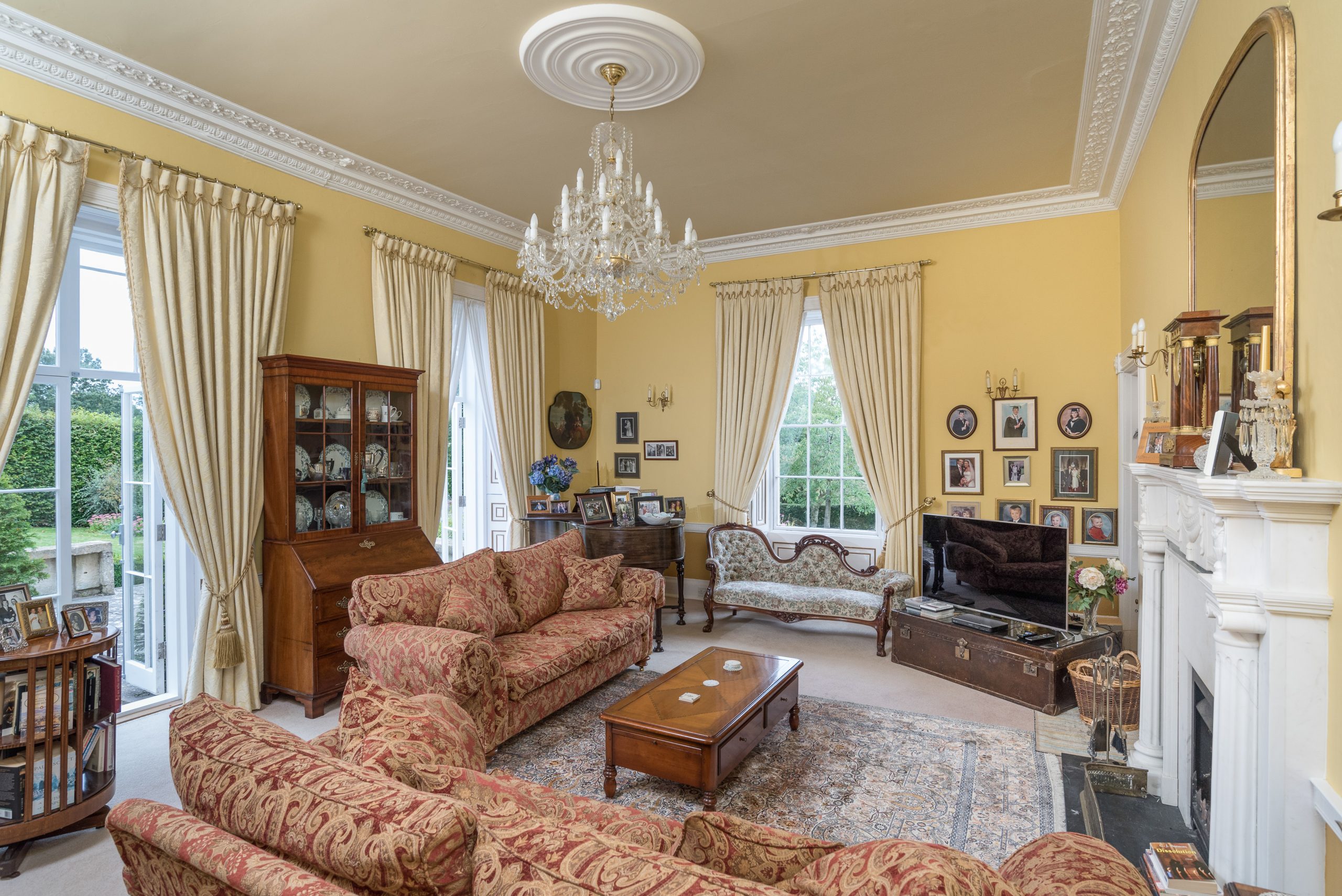
To the west of the house are lawns with shrub and herbaceous borders, with young yew hedges dividing off the lower terraces. Finally, the coup de grâce, the lovely walled kitchen garden, half of which was planted as an orchard with the remaining space laid out in an appealing pattern of cut flower and rose beds, deep floral borders and pleached fruit trees and a productive fruit cage.
Sign up for the Country Life Newsletter
Exquisite houses, the beauty of Nature, and how to get the most from your life, straight to your inbox.
The area has a fascinating tale to tell. In the 18th and 19th centuries, it provided power along its length for more than 30 mills associated with the wool trade, including a large woollen mill at Rode Bridge that, according to local records, employed 50 people in 1846.

By the end of the 18th century, prosperous local mill owners and landed gentry were building grand country houses in the Classical manner, inspired by the architecture of Bath and a ready supply of building materials from the village’s stone quarry and brickworks.
One of the most impressive was Merfield House, which was built in about 1810 in the Greek Revival style by Jonathan Node, who inherited the land on which it was built from his adoptive father, a successful woollen miller. By the mid 1800s, however, the West Country wool trade was in decline and Merfield House was sold to the Batten-Pooll family of Rode Manor, who were lords of the manor and the leading local landowners.

In 1861, Henry Batten-Pooll left Merfield House to his sister, Martha, who lived there with their sister, Mrs Ann Bailey, who died, aged 97, in 1879. Thereafter, the house remained in Batten-Pooll family ownership and was occupied by a succession of distinguished tenants until 1966, when it was bought at auction by Cmdr W. J. Soames, who apparently lived there until the early 1990s.
In November 1997, Merfield House came back to the market and was acquired shortly afterwards by its present owners who, during their tenure of 20-odd years, have transformed the house, its buildings, gardens and paddocks — some 32 acres in all — into one of east Somerset’s finest and most elegant small Georgian country estates.
Merfield House is for sale at £4.5 million via Knight Frank — see more pictures or enquire with the agent for further details.
Rode: What you need to know
- Location:Rode is 12 minutes' drive from Frome and 20 fromBath
- Atmosphere: A former wool-trade village, it is still vibrant today, with a village hall, several restaurants and pubs (the Cross Keys has comedy nights), plus a post office and general store.
- Things to do: Plenty of walking and cycling—Rode is on a national cycle route and on the MacMillan Way——and Bath, with its vast array of sports, culture and shopping opportunities, is on the doorstep
- Schools: The village has a well-regarded local primary and there are plenty of secondary options in Bath, such as Monkton Combe, Prior Park, King Edwards, The Royal High School, Kingswood, Beechen Cliff and Ralph Allen School.
Find more properties in the area.
Bargany House, Ayrshire. Credit: Knight FrankSpectacular Scottish castles and estates for sale
A look at the finest castles, country houses and estates for sale in Scotland today.
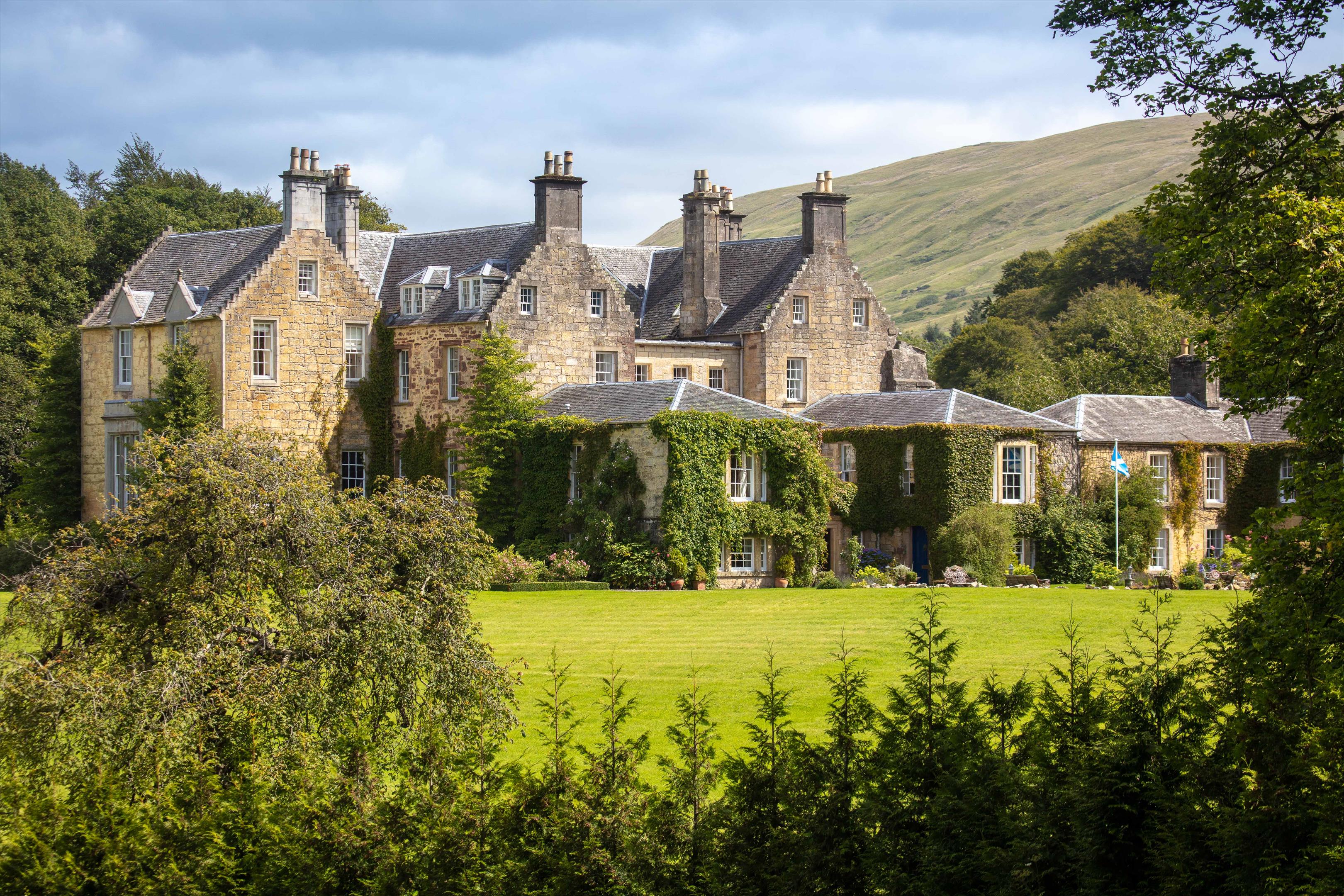
-
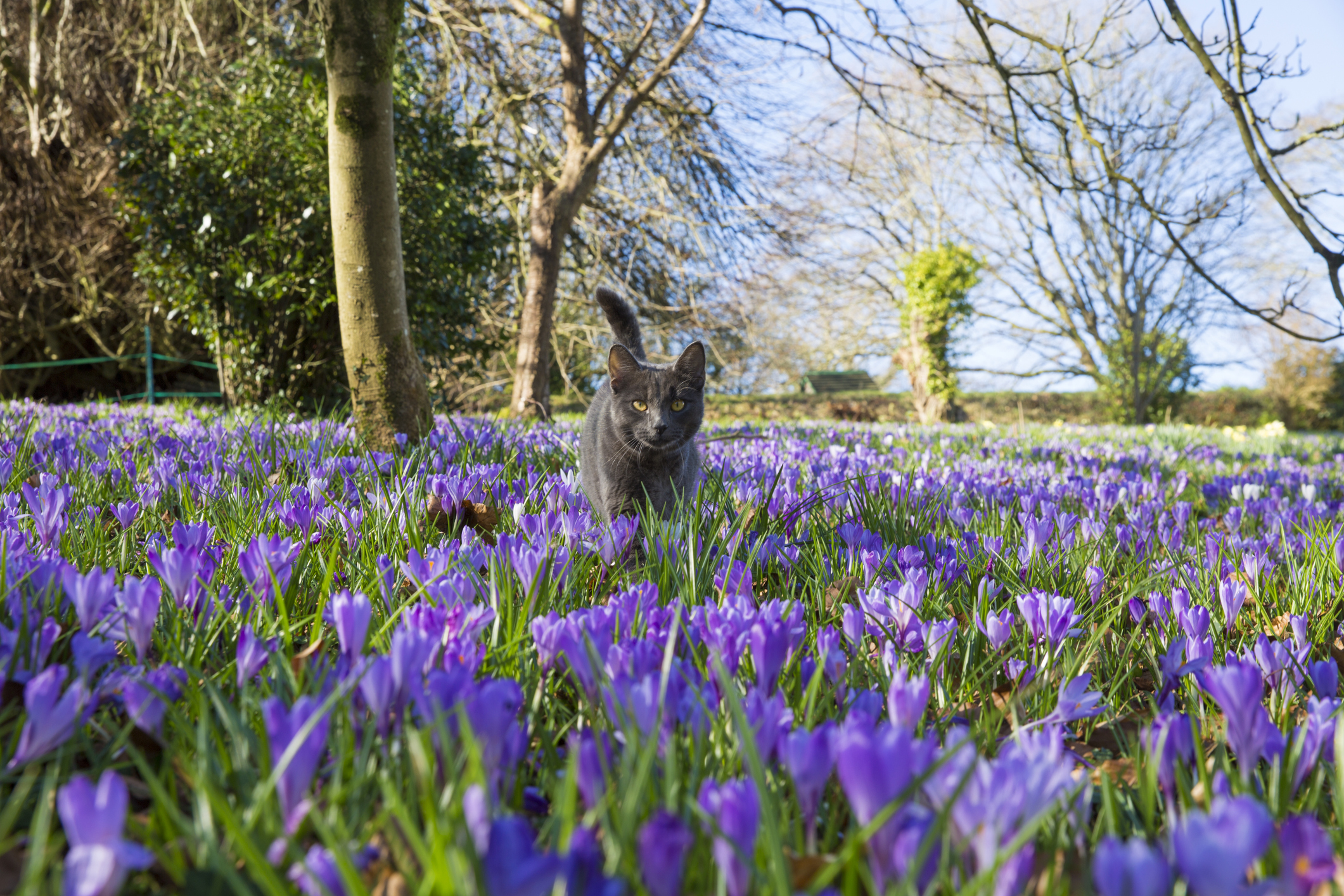 The King's favourite tea, conclaving and spring flowers: Country Life Quiz of the Day, April 22, 2025
The King's favourite tea, conclaving and spring flowers: Country Life Quiz of the Day, April 22, 2025Tuesday's Quiz of the Day blows smoke, tells the time and more.
By Toby Keel
-
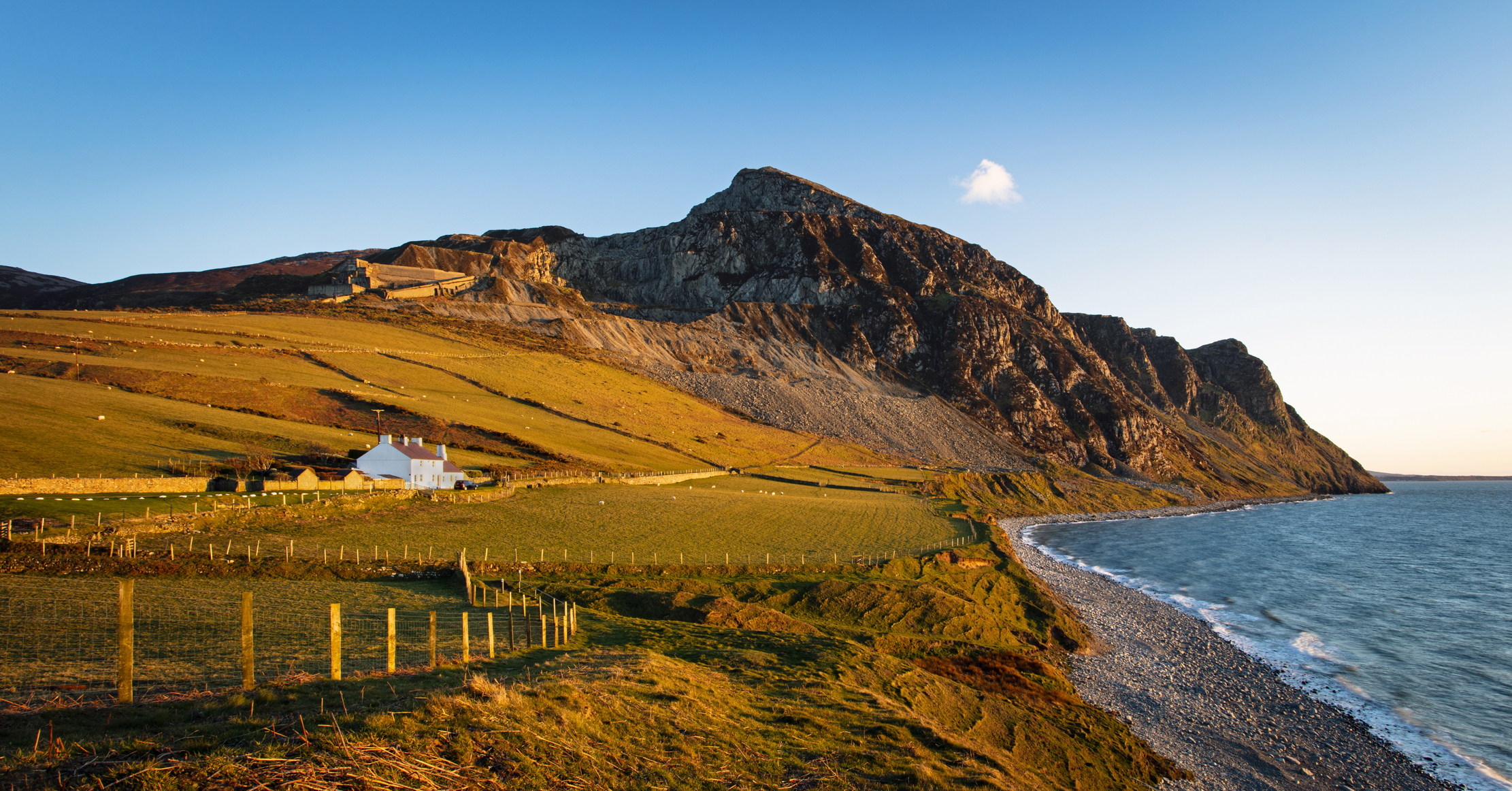 London is the place for me* (*the discerning property buyer)
London is the place for me* (*the discerning property buyer)With more buyers looking at London than anywhere else, is the 'race for space' finally over?
By Annabel Dixon
-
 The King's favourite tea, conclaving and spring flowers: Country Life Quiz of the Day, April 22, 2025
The King's favourite tea, conclaving and spring flowers: Country Life Quiz of the Day, April 22, 2025Tuesday's Quiz of the Day blows smoke, tells the time and more.
By Toby Keel
-
 Chocolate eggs, bunnies and the Resurrection: Country Life Quiz of the Day, April 18, 2025
Chocolate eggs, bunnies and the Resurrection: Country Life Quiz of the Day, April 18, 2025Friday's quiz is an Easter special.
By James Fisher
-
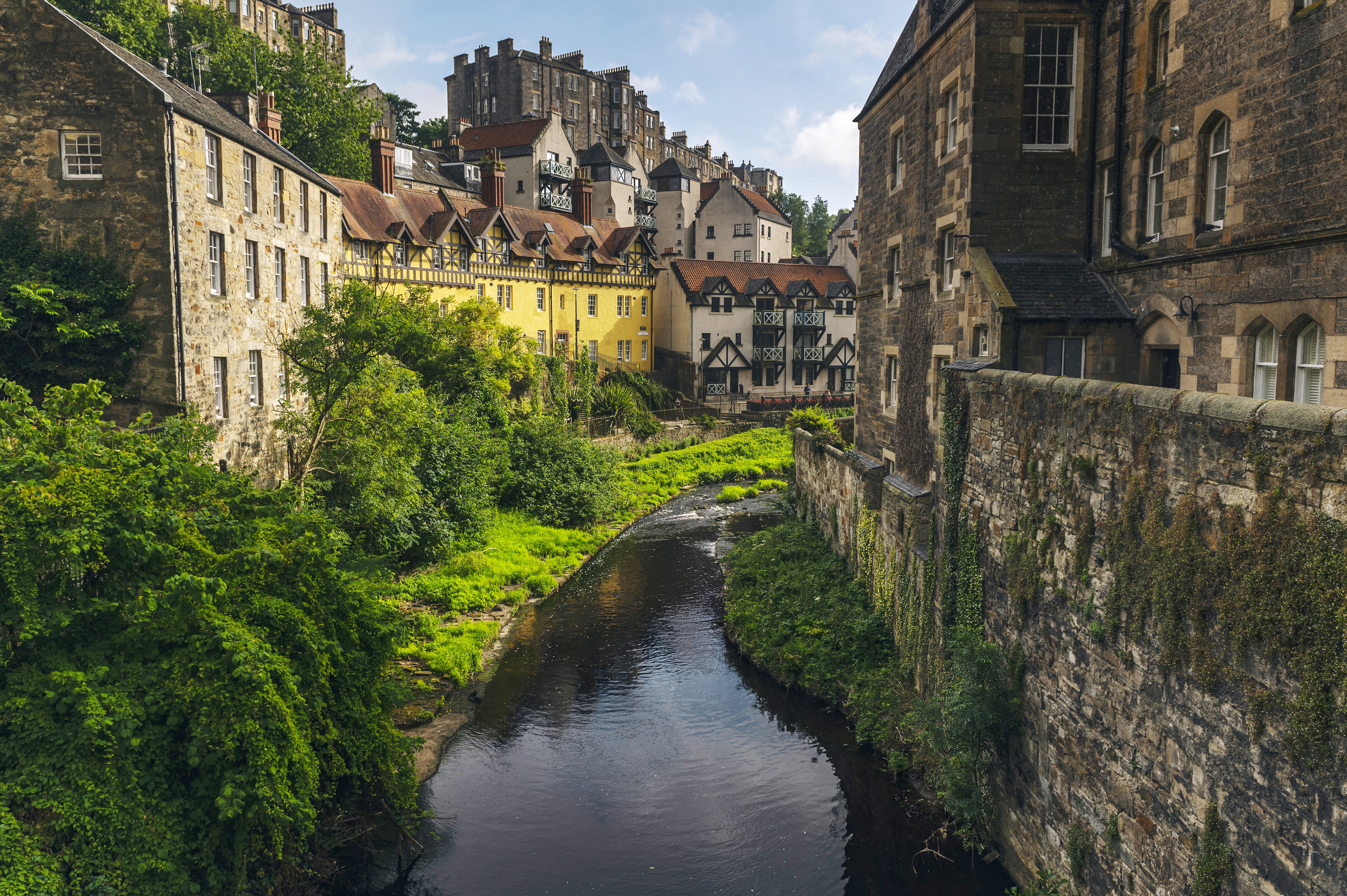 Human teeth, Scottish cities and a visit from Caesar: Country Life Quiz of the Day, April 17, 2025
Human teeth, Scottish cities and a visit from Caesar: Country Life Quiz of the Day, April 17, 2025Thursday's quiz tests your knowledge on a certain Prime Minister's last words, obscure artistic movements and royal weddings.
By Rosie Paterson
-
 The Great Gatsby, pugs and the Mitford sisters: Country Life Quiz of the Day, April 16, 2025
The Great Gatsby, pugs and the Mitford sisters: Country Life Quiz of the Day, April 16, 2025Wednesday's quiz tests your knowledge on literature, National Parks and weird body parts.
By Rosie Paterson
-
 The battle of the bridge, Balloon Dogs and flat fish: Country Life Quiz of the Day, April 15, 2025
The battle of the bridge, Balloon Dogs and flat fish: Country Life Quiz of the Day, April 15, 2025Tuesday's quiz tests your knowledge on bridges, science, space, house prices and geography.
By James Fisher
-
 Jungle temples, pet snakes and the most expensive car in the world: Country Life Quiz of the Day, April 14, 2025
Jungle temples, pet snakes and the most expensive car in the world: Country Life Quiz of the Day, April 14, 2025Mondays's quiz tests your knowledge on English kings, astronomy and fashion.
By James Fisher
-
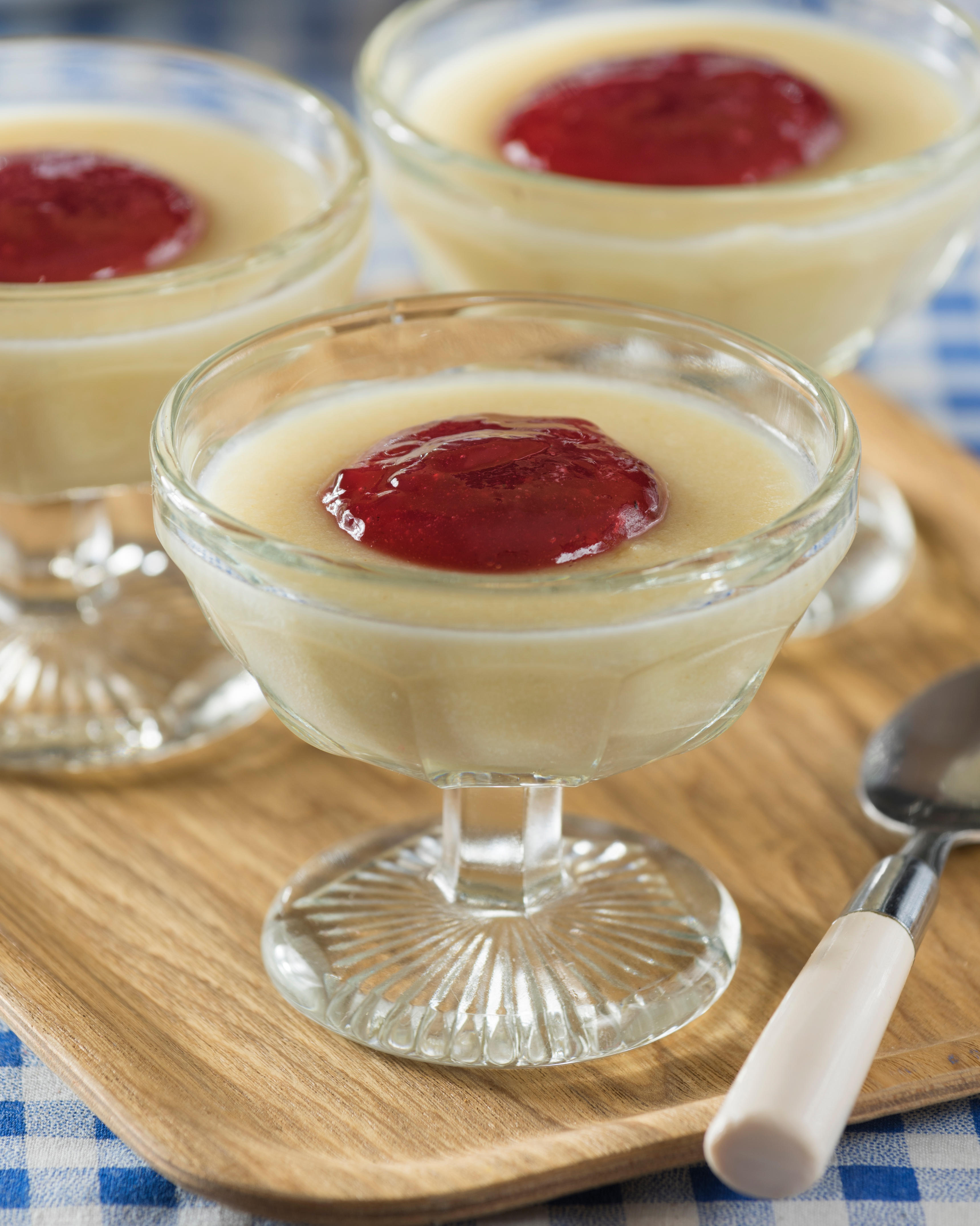 School dinner puddings, Scrabble tiles and Antonio Banderas: Country Life Quiz of the Day, April 11, 2025
School dinner puddings, Scrabble tiles and Antonio Banderas: Country Life Quiz of the Day, April 11, 2025Friday's quiz asks you to name one of Britain's most beautiful places, and ponders the distance of a marathon.
By Toby Keel
-
 Bond's Aston Martin and Welsh rarebit: Country Life Quiz of the Day, April 10, 2025
Bond's Aston Martin and Welsh rarebit: Country Life Quiz of the Day, April 10, 2025Thursday's quiz celebrates pedestrian crossings and tests your language skills.
By Toby Keel